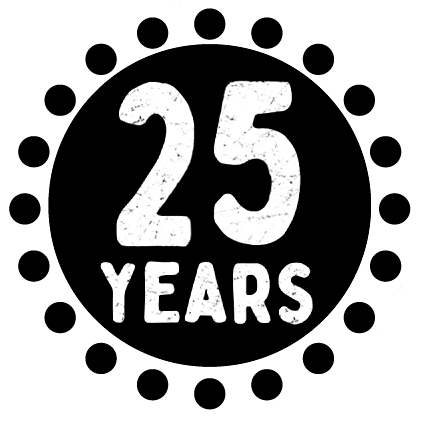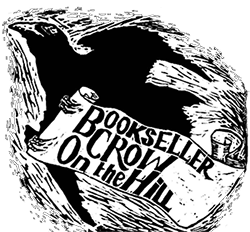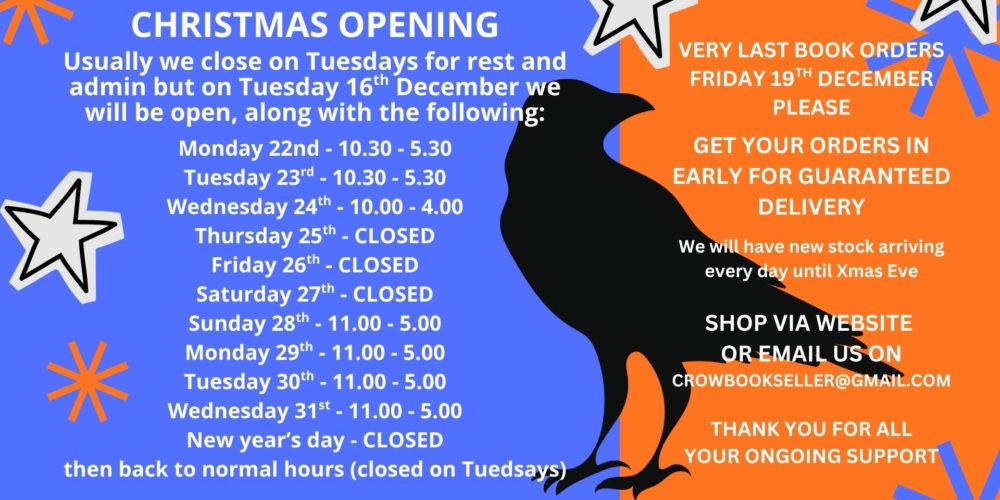50 Westow St
London SE19 3AF
UK

Sam Mills
In this beautifully written cultural history, Sam Mills reclaims bisexuality as its own identity, interweaving her experience of being bisexual with illuminating portraits of a clutch of artists, writers and musicians, including Oscar Wilde, Colette, Bessie Smith, Marlene Dietrich, Anaïs Nin, Jean-Michel Basquiat, David Bowie, Susan Sontag and Madonna.
Celebrating the resilience, diversity and spirit of the bisexual community through the ages, Uneven explores how each of these trailblazing figures have been misunderstood; how social attitudes affected their sexuality, their relationships and their work; how LGBTQ+ identities have been portrayed from the Victorian era to the present day; and how attitudes have progressed.
Susanna Crossman is an essayist and award-winning fiction writer. Her memoir, Home is Where We Start, was published by Fig Tree, Penguin, in 2024. Her new novel, ‘The Orange Notebooks’, will be published by Bluemoose Books in 2025. She has recent work in Aeon, The Guardian, Paris Review, Vogue and more. She regularly collaborates with artists and film-makers. When she’s not writing, she works on three continents as a lecturer and clinical arts-therapist. Born in the UK, Susanna Crossman grew up in an international commune and has lived in France for over half her life.
Home Is Where We Start: Growing Up In The Fallout Of The Utopian Dream
Vivid and painfully honest … but so beautifully done … There’s something of the Levy sensibility here. It’s serious and poetic. It’s delicate and wise. It’s a multilayered excavation, a rich but also careful unfolding of the truth – Sunday Times
In the turbulent late seventies, six-year-old Susanna Crossman moved with her mother and siblings from a suburban terrace to a crumbling mansion deep in the English countryside. They would share their new home with over fifty other residents from all over the world, armed with worn paperbacks on ecology, Marx and radical feminism, drawn together by utopian dreams of remaking the world. They did not leave for fifteen years.
While the Adults adopted new names and liberated themselves from domestic roles, the Kids ran free. In the community, nobody was too young to discuss nuclear war and children learned not to expect wiped noses or regular bedtimes. Instead, they made a home in a house with no locks or keys, never knowing when they opened doors whether they’d find violent political debates or couples writhing under sheets.
Decades later, and armed with hindsight, Crossman revisits her past, turning to leading thinkers in philosophy, sociology and anthropology to examine the society she grew up in, and the many meanings of family and home. In this luminous memoir, she asks what happens to children who are raised as the product of social experiments and explores how growing up estranged from the outside world shapes her as a parent today.



